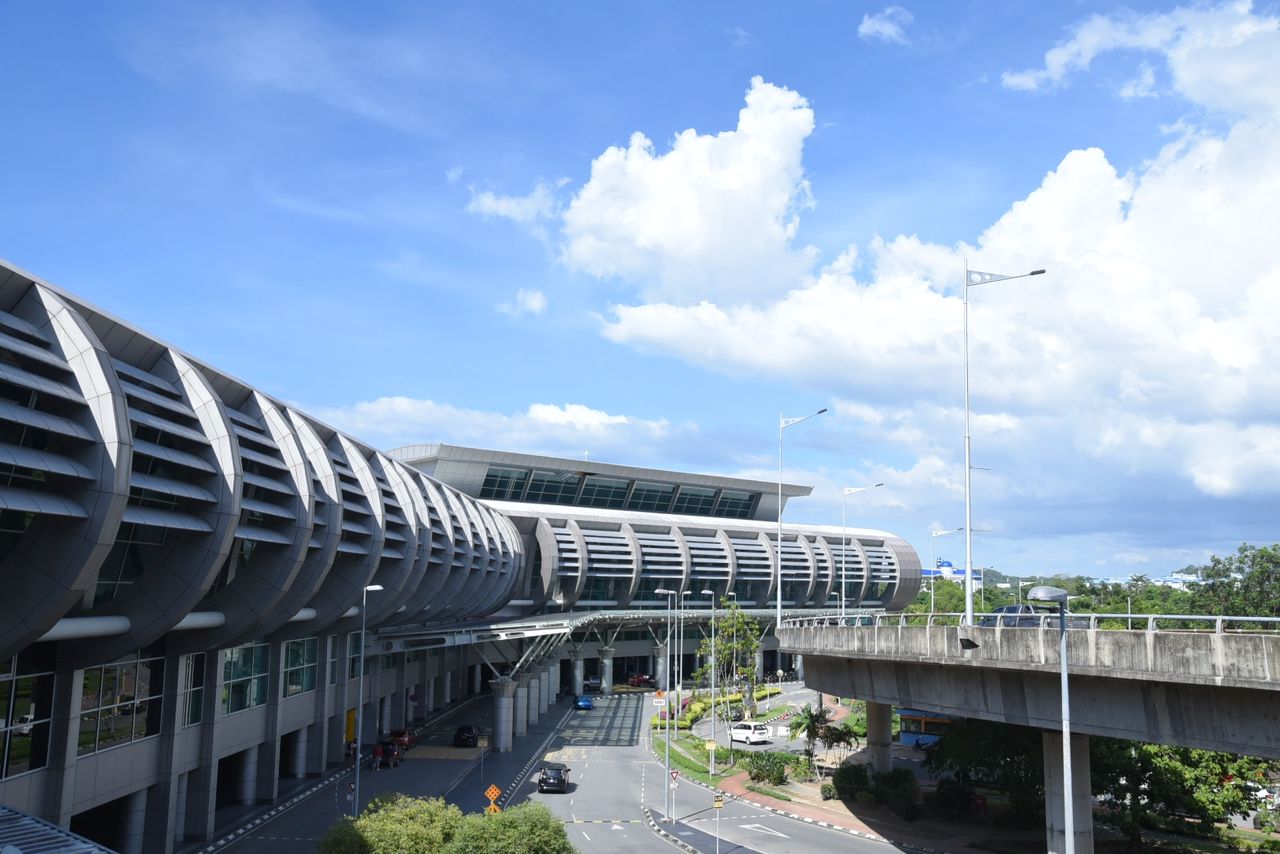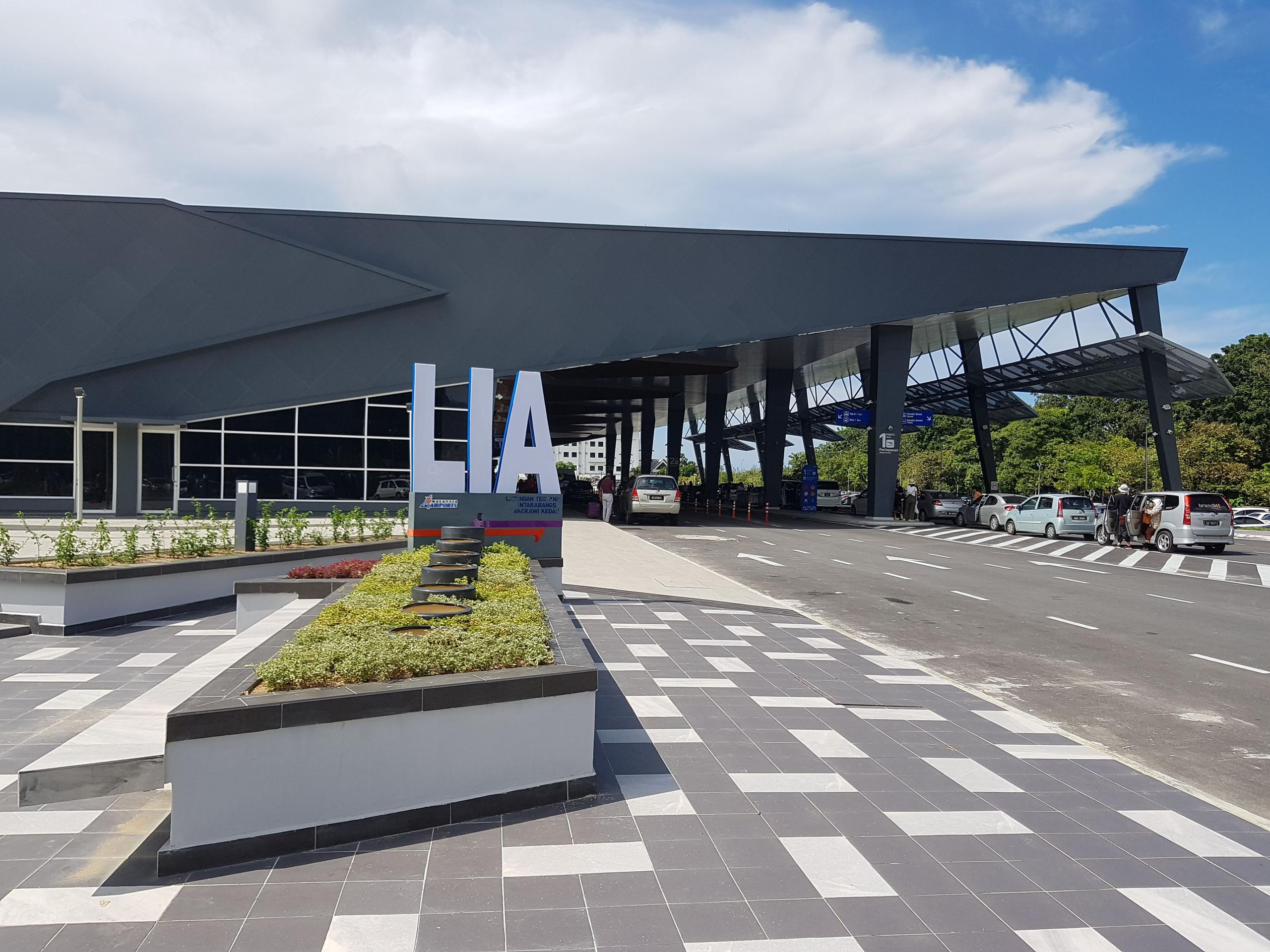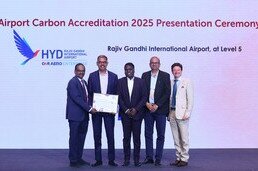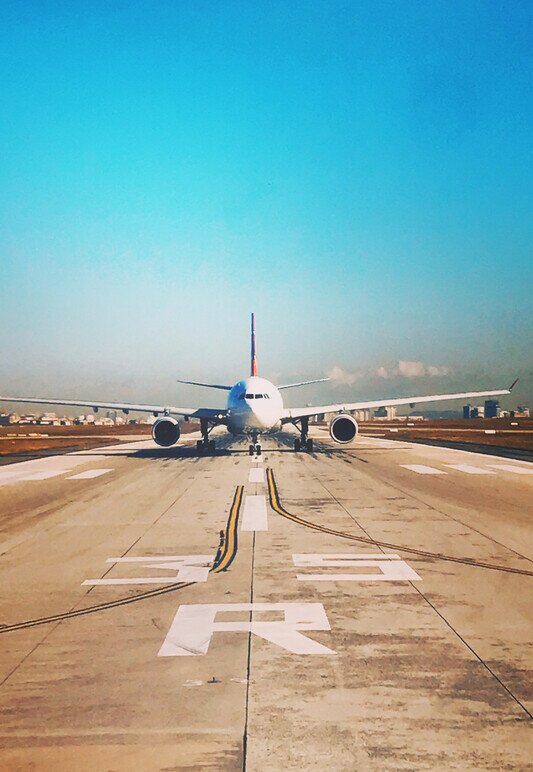
Kota Kinabalu and Langkawi achieve Airport Carbon Accreditation
- 2024-11-20
Kota Kinabalu International Airport (KKIA) and Langkawi International Airport (LIA) have achieved Airport Carbon Accreditation (ACA) Level 1 Mapping by Airports Council International (ACI), recognising their commitment to carbon management and environmental sustainability. These two airports now join KL International Airport (KLIA) and over 600 other airports worldwide in advancing toward net-zero carbon emissions through ACI’s comprehensive 7-level programme, which encourages collective action on carbon reduction and climate change. KLIA, accredited since 2015, is currently endorsed at Level 3 Optimisation, reflecting its ongoing efforts in carbon management and sustainability.
According to Dato’ Mohd Izani Ghani, sustainability is a key strategic theme for Malaysia Airports, guiding the organisation’s long-term vision and operational practices. "Achieving Airport Carbon Accreditation (ACA) for KKIA and LIA is a testament of our unwavering commitment to environmental excellence and leadership in building a greener aviation sector in Malaysia. We are already actively working towards certifying Penang (PEN) and Kuching (KCH) and ultimately aim to bring ACA accreditation to our entire airport network. By being part of the ACA-accredited airports, we are able to lead and set global standards in sustainable airport operations. Through initiatives spanning energy efficiency, advanced waste management, and community engagement, we strive to minimise our environmental impact while raising awareness of sustainability’s vital role in airport management. Each accredited airport moves us
closer to our goal of a low-carbon future, ensuring that our actions today support a sustainable legacy for generations to come,” he commented further.

Kota Kinabalu International Airport
The ACA programme is a global initiative led by ACI to help airports manage and reduce their carbon emissions. This programme offers a structured framework designed to guide airports from basic carbon mapping to achieving net zero emissions with seven levels of certification — Mapping, Reduction, Optimisation, Neutrality, Transformation, Transition and maintaining a Net Zero balance on scopes 1 and 2 and actively addressing Scope 3 emissions. For KKIA and LIA, by achieving Level 1, the two airports have committed to conducting a comprehensive analysis of its CO2 emissions and creating structured plans for their reduction. This is a significant first step in the airport's journey towards decarbonisation.

Langkawi International Airport
KKIA has recorded a total of 6.6 million passengers year-to-date (YTD), marking a 13% increase from the 5.9 million passengers during the same period last year. The airport has successfully implemented solar panels with a total capacity of 3.8 MW and introduced an Energy Management System to enhance energy efficiency across its operations. Meanwhile, LIA, with 2.1 million passengers YTD, currently operates on solar panels with a total capacity of 1.1 MW. Additionally, its Airfield Ground Lighting (AGL) has been upgraded from halogen bulbs to energy-efficient LED lighting, reducing energy use by up to 90%.
In October 2024, Malaysia Airports (the Group) recorded a total of 7.7 million passenger movements across its network of Malaysian airports, including 4.1 million international and 3.6 million domestic passengers, reflecting steady air travel demand. Last month saw the introduction of several new international routes, including PEN to Jakarta with Batik Air Malaysia (seven weekly flights), PEN to Shenzhen with Air Asia (four weekly flights), and KLIA to Amritsar with Air Asia (four weekly flights) and Malacca to Singapore with Scoot (five weekly flights). In the domestic sector, Batik Air Malaysia launched a new service from Subang to Kota Bharu, operating seven times weekly.
The Group's total passenger count for October 2024, including its Turkish asset, Istanbul Sabiha Gökçen International Airport (ISGA), reached 11.2 million. At ISGA, passenger traffic totaled 3.5 million, with international passengers contributing 1.9 million, while domestic passengers accounted for 1.6 million.








